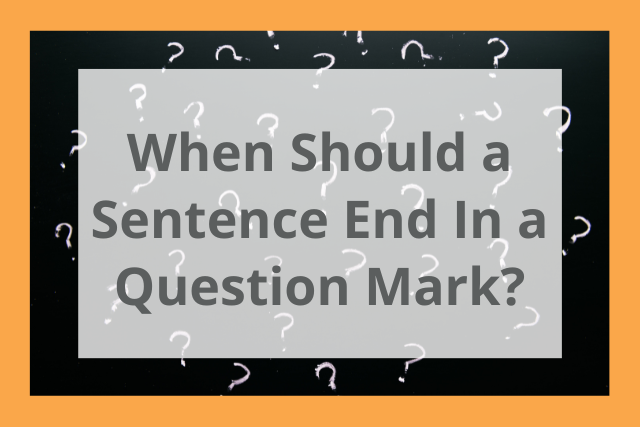
You should use a question mark at the end of every sentence that asks a direct question. It replaces the period as the sentence's concluding punctuation.
Will you go to the movies with me?
Indirect questions don't need a question mark.
I wonder if she'll go to the movies with me.
However, if you reword this into a direct thought, it becomes a direct question and you will need the question mark.
I wonder: will she go to the movies with me?
If your sentence is half-statement, half-question, or a rhetorical question, it is your decision whether to conclude with a period or question mark. Ending these with a period can help show that the speaker is tired:
Why don't you kids knock it off.
Ending them with a question mark usually means the speaker is expecting an answer:
You don't really want to go, do you?
